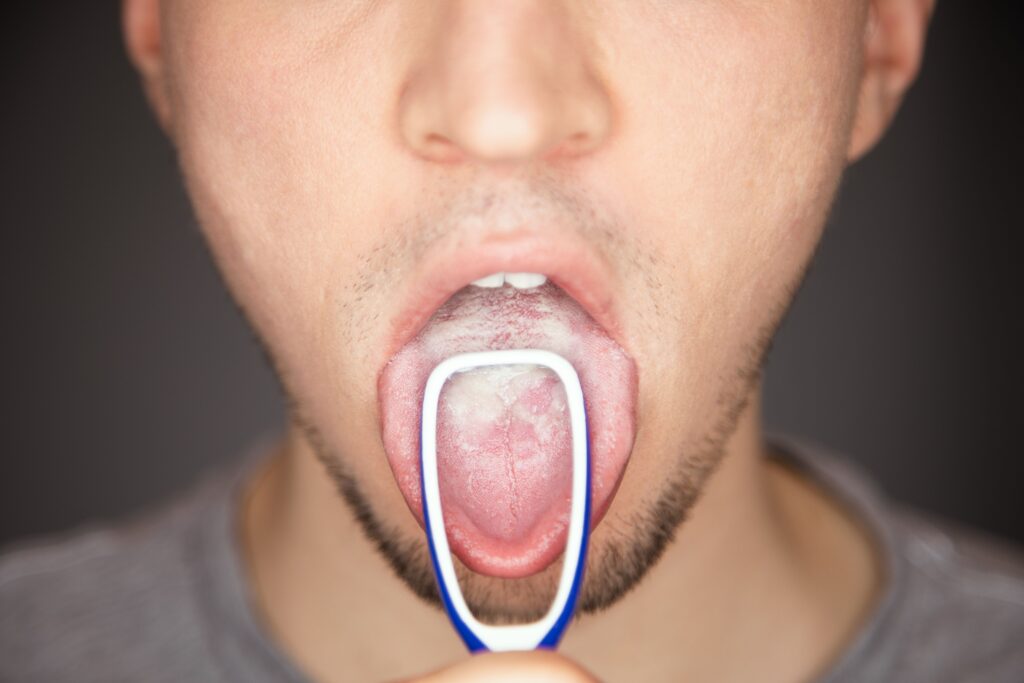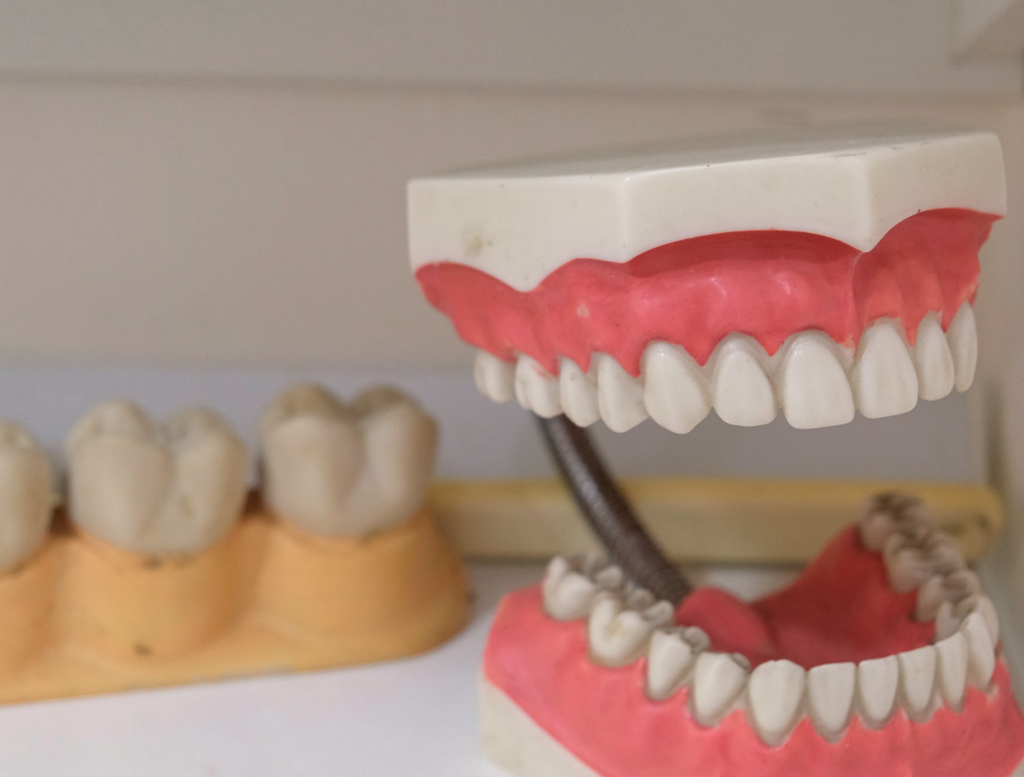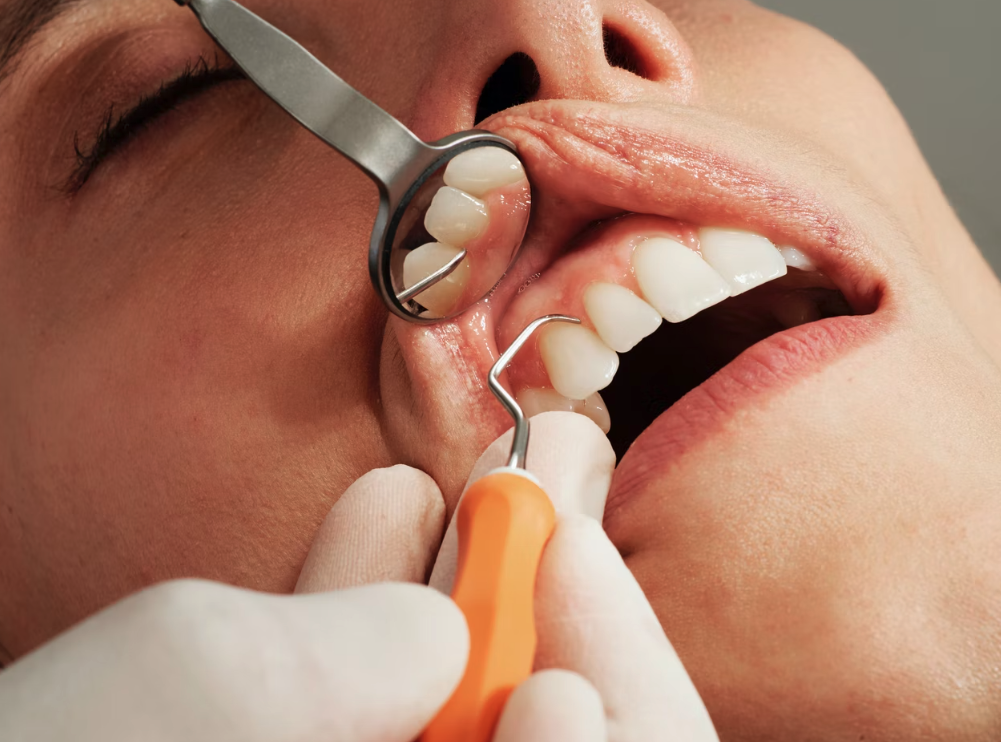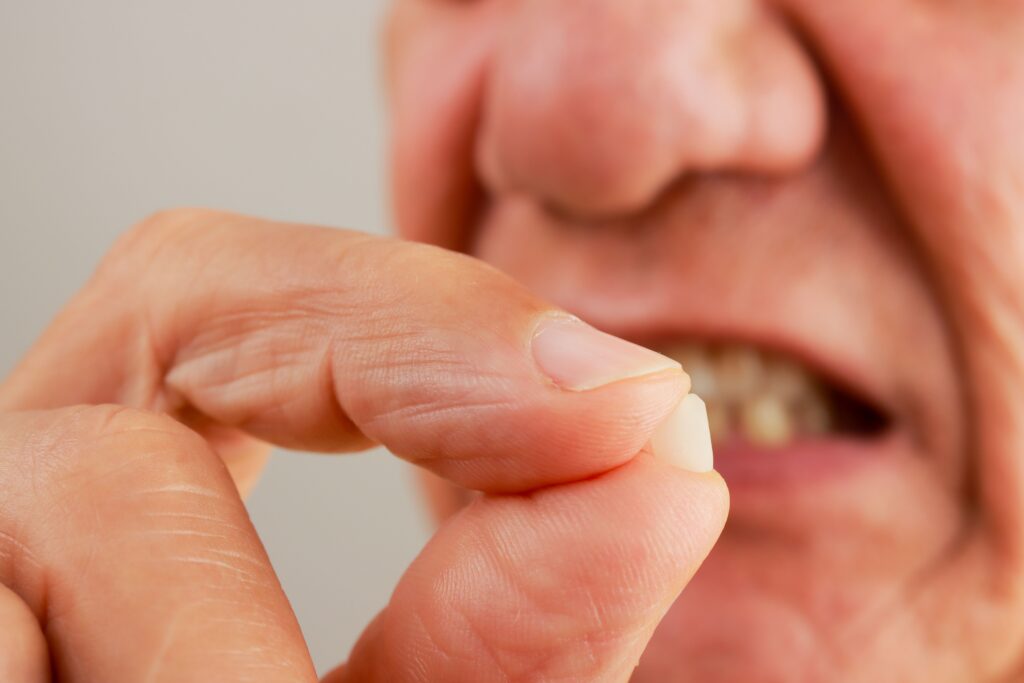If you’re trying to get a brighter smile, you may have heard a lot about different treatments and products that can whiten your teeth. One common product that many people use is fluoride, but does fluoride really whiten your teeth? In this article, we’ll dive into the role of fluoride in dental care, how it works, and whether or not it can help whiten your teeth.
What is Fluoride?
Fluoride is a natural mineral that can be found in water, soil, and even some foods. It has long been recognized for its ability to help prevent tooth decay. In fact, fluoride is commonly added to public drinking water and many toothpastes to help protect teeth. It works by strengthening tooth enamel, making it more resistant to acids from food and bacteria that can cause cavities.
However, while fluoride is excellent for overall dental health, it’s important to understand that fluoride does not directly whiten teeth in the same way that other products, like whitening toothpaste or strips, do.
How Fluoride Helps Your Teeth

Fluoride is known to have several benefits for your teeth:
- Prevents Cavities: Fluoride strengthens the enamel, making it harder for acids to erode it and cause cavities.
- Repairs Enamel: Fluoride helps remineralize areas of your enamel that may have been weakened by acids or bacteria.
- Reduces Sensitivity: It can reduce tooth sensitivity by strengthening enamel, which helps protect the nerves in your teeth.
While fluoride is great for dental health, its primary role is in preventing damage to teeth, rather than improving their appearance.
What Causes Teeth to Yellow or Stain?
Before we can understand whether fluoride can whiten teeth, it’s important to know what causes teeth to become yellow or stained. Some of the main causes include:
- Aging: As you get older, the enamel on your teeth naturally wears down, which allows the yellowish dentin underneath to show through.
- Food and Drink: Certain foods and drinks, like coffee, tea, soda, red wine, and berries, can cause stains on your teeth over time.
- Smoking: Smoking or chewing tobacco can also stain your teeth and cause them to yellow.
- Poor Oral Hygiene: Not brushing and flossing regularly can lead to the buildup of plaque and tartar, which can cause your teeth to look dull or yellow.
Fluoride doesn’t directly target these types of stains or discoloration. Instead, it strengthens the enamel and helps protect teeth from further damage.
Can Fluoride Whiten Teeth?
So, the big question—does fluoride whiten your teeth? The short answer is no. Fluoride does not have whitening properties. While it helps keep your teeth healthy and strong, it doesn’t actively remove surface stains or make your teeth appear whiter.
Fluoride’s primary function is to protect and strengthen enamel, not to change the color of your teeth. For whitening purposes, you would need to turn to other treatments specifically designed to brighten your smile.
Whitening vs. Strengthening

There is an important difference between whitening and strengthening teeth:
- Whitening: Whitening products, like teeth-whitening toothpaste, strips, or professional treatments at the dentist, are designed to remove stains and lighten the color of your teeth. These products typically contain ingredients like hydrogen peroxide or carbamide peroxide, which break down and lift stains from the surface of the teeth.
- Strengthening: Fluoride, on the other hand, strengthens the enamel on your teeth, making them more resistant to stains and cavities. Fluoride doesn’t break down stains, but it can help prevent them from forming in the first place by protecting the enamel.
In other words, fluoride is more about maintaining the health of your teeth, while whitening treatments focus on improving their appearance.
Fluoride in Whitening Products
Although fluoride itself doesn’t whiten teeth, it’s often included in whitening toothpaste and mouthwashes. This is because fluoride helps protect and strengthen the teeth while you are whitening them.
For example:
- Whitening Toothpaste: Many whitening toothpastes contain fluoride to help prevent tooth decay while you work on brightening your smile. The toothpaste may also contain mild abrasives or polishing agents that help remove surface stains without damaging the enamel.
- Whitening Mouthwash: Some mouthwashes designed for whitening also contain fluoride, so while they work on brightening your smile, they also help keep your teeth strong and resistant to decay.
These products can be a good option if you’re looking to both maintain a healthy smile and whiten your teeth over time. However, if you’re looking for more dramatic whitening results, you may need to use a stronger whitening treatment.
Fluoride Treatments at the Dentist
If you visit the dentist for a professional fluoride treatment, you may notice that your teeth feel smoother and more polished after the treatment. However, fluoride treatments at the dentist are not designed to whiten your teeth—they are meant to strengthen the enamel and protect against cavities.
In some cases, your dentist may offer fluoride treatments in conjunction with other cosmetic dental procedures, like teeth whitening. This combination can help you achieve both a whiter smile and stronger, healthier teeth.
What Can Whiten Your Teeth?

If you’re specifically looking to whiten your teeth, there are several effective options that can help you achieve that bright smile:
- Whitening Toothpaste: These toothpastes contain mild abrasives and chemical agents like hydrogen peroxide to help remove stains and brighten your smile.
- Whitening Strips: Over-the-counter whitening strips contain bleaching agents like hydrogen peroxide that can penetrate the enamel to lighten the color of your teeth.
- Whitening Gels or Trays: These are more powerful than strips and often come in gel form that you apply to custom trays. They contain stronger bleaching agents for more significant whitening results.
- Professional Whitening: Your dentist can provide in-office whitening treatments that use stronger bleaching agents for immediate and more dramatic results.
- Natural Remedies: Some people use natural remedies like baking soda or activated charcoal to remove surface stains. However, these methods should be used cautiously to avoid damaging enamel.
These methods are designed to directly whiten your teeth by targeting and breaking down stains on the surface or within the enamel.
Can Fluoride Prevent Stains?
While fluoride doesn’t whiten your teeth, it can help prevent stains from forming by strengthening the enamel. Stronger enamel is less likely to absorb staining substances from food, drinks, and tobacco.
Additionally, fluoride helps remineralize areas where the enamel may have been weakened by acids or plaque buildup. This can help reduce the appearance of surface stains and prevent future discoloration.
Tips for Keeping Your Teeth White and Healthy
Even though fluoride isn’t a whitening agent, it plays an important role in keeping your teeth healthy, which can help maintain a bright smile. Here are some tips for keeping your teeth white and strong:
- Brush Twice a Day: Use fluoride toothpaste to clean your teeth and remove surface stains.
- Floss Daily: Flossing helps remove food particles and plaque from between your teeth, which can prevent staining and decay.
- Avoid Staining Foods: Limit foods and drinks that can stain your teeth, such as coffee, tea, soda, and red wine.
- Drink Water: Drinking water after meals helps wash away food particles and acids that can cause staining.
- Use Whitening Products: If you’re looking to brighten your smile, use whitening toothpaste or strips.
- Visit Your Dentist Regularly: Professional cleanings can help remove deep stains and tartar buildup, keeping your smile fresh and bright.
Conclusion
Fluoride is an important mineral for maintaining strong, healthy teeth, but it does not whiten your teeth. While it helps protect your enamel and prevent tooth decay, it doesn’t have the ability to break down stains or lighten the color of your teeth. If you want a whiter smile, you will need to explore other whitening treatments.
To keep your teeth looking bright and healthy, continue to brush with fluoride toothpaste, floss daily, and avoid foods that can stain your teeth. For more significant whitening, consider professional treatments or at-home whitening products designed to target stains and discoloration.
Remember, a bright smile starts with healthy teeth, so taking care of your enamel with fluoride is the first step toward achieving the smile you’ve always wanted.







